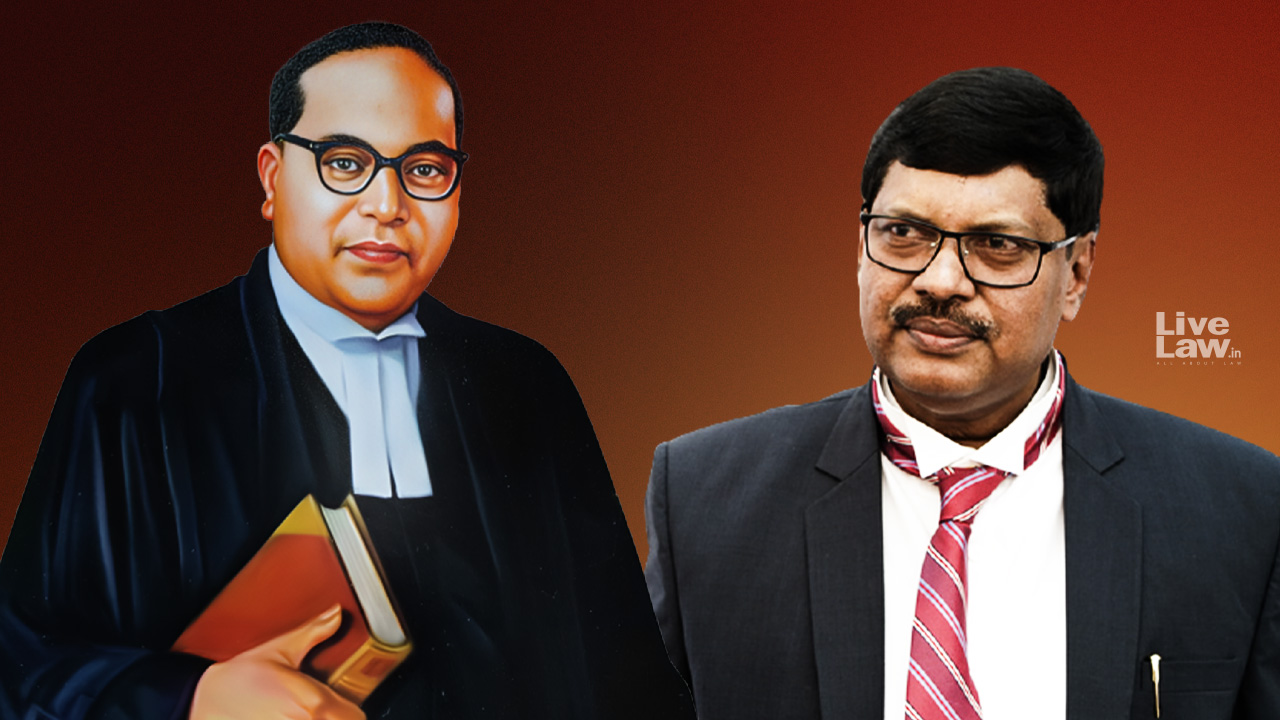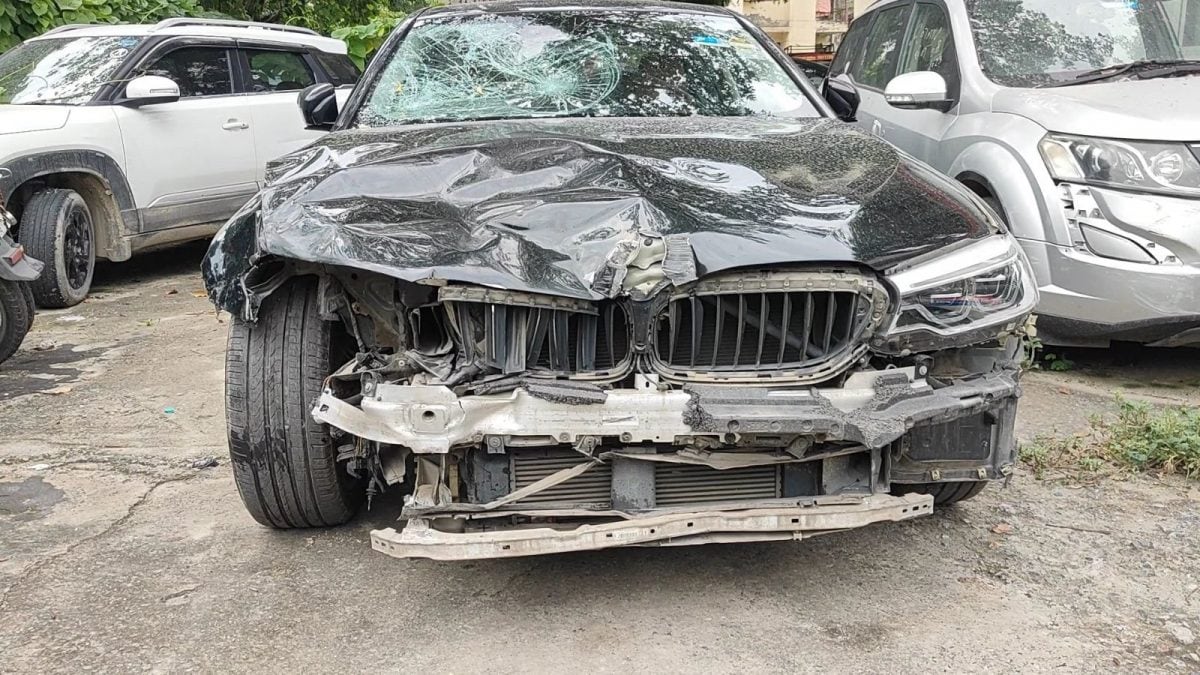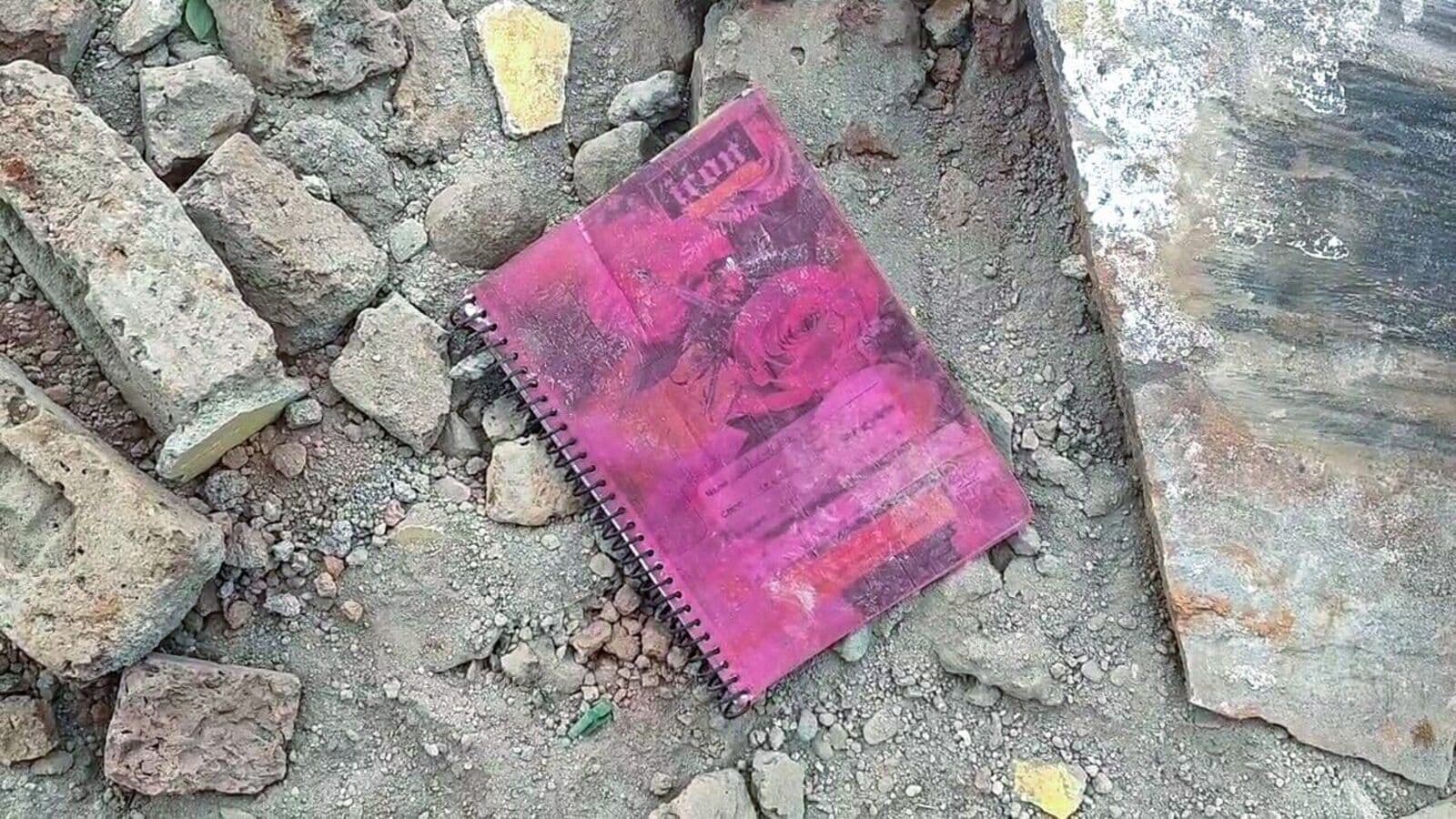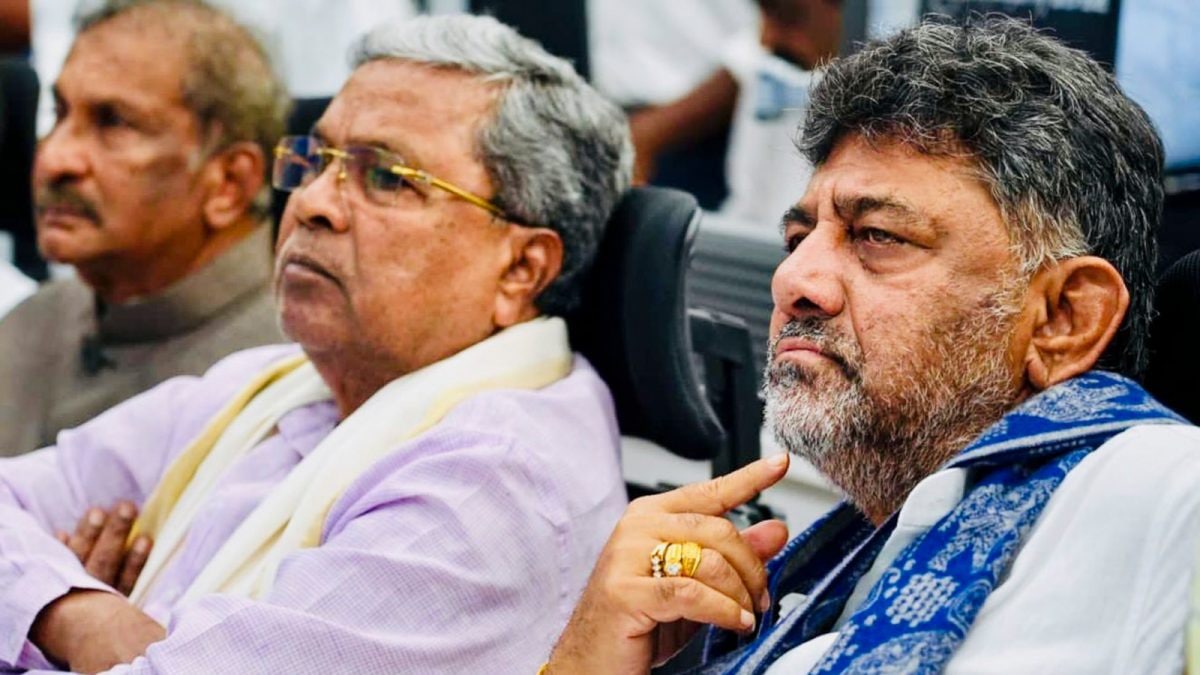Supreme Court Judge, Justice BR Gavai recently spoke extensively on the contributions of Dr BR Ambedkar in shaping the Constitution and rights of the citizens as they exist today.
Speaking at the First Dr Ambedkar Memorial Lecture organised by Dr Ambedkar International Centre (DAIC), Justice Gavai emphasised how Ambedkar viewed the development of society by how it treated its women.
He also credited the efforts of Ambedkar in ensuring the upliftment of the marginalised sections and how the Country today has witnessed the inclusion of great leaders and thinkers from these sections of the society. He expressed :
“Dr. Ambedkar always said that the women in this country are more oppressed than the Dalits and he, therefore, stated the furtherance of their upliftment was also a basic necessity.”
“We have had a woman Prime Minister Smt. Indira Gandhi. We had hundreds of IAS officers, IPS officers, Chief Secretaries, DGPs belonging to Scheduled Castes, Scheduled Tribes, and OBCs.”
“We have had the Dalit Chief Justice of India, Justice KG Balakrishnan. The country is having a Prime Minister, who comes from a humble background belonging to Backward Classes and who takes pride in saying that it is because of the Constitution of India, that he could be the Prime Minister of India.”
“Speaking for myself, I was fortunate to have been born to a father who worked with Dr. Ambedkar and served as one of the soldiers in the fight for social and economic justice. I am here only because of Dr. Ambedkar and the Constitution of India.”
He also mentioned other leaders and thinkers, such as two Presidents who belonged to Scheduled Castes, viz., Shri K.R. Narayanan and Shri Ram Nath Kovind and two women presidents of the Country, Smt. Patribha Patil and Smt Draupadi Murmu (also from Scheduled Tribe category).
Dr Ambedkar On The Perils Of Allowing The Parliament To Liberally Amend The Constitution
Justice Gavai recalled how Dr Ambedkar faced extreme criticism from socialists as well as the communists for making the procedure for constitutional amendments rigid. In the Constituent Assembly, it was argued that it was difficult to get a two-third majority of the Members present in both the Houses and a simple majority of the total Members. It was also argued that it was very difficult to get ratification by half of the State Legislatures. It was, therefore, argued that such a rigid provision would not permit the Constitution to adapt to the changing needs.
Tackling these claims, Ambedkar, while acknowledging the need to ensure that the Constitution remained an ever-evolving document, warned that it cannot be used by political parties to further their political agendas. Justice Gavai explained :
“Dr. Ambedkar said that, today the Constituent Assembly was sitting as an independent body without having any political ideologies, without any particular agenda. But if the power is given to the Parliament to amend the Constitution very liberally, then the danger of a particular political party, finding it difficult to implement its agenda, amending the Constitution in order to implement its ideology cannot be ruled out. He said that this could not be permitted.”
“Though a provision has to be made to adapt to the changing needs, the Constitution cannot be permitted to be amended at the sweet will of the majority.”
Justice Gavai also mentioned how in the Keshavananda Bharati Case, the Supreme Court in a sharp division of 6 to 7 held that though the Parliament has the power to amend the Constitution and even take away the fundamental rights, held that it does not have the power to amend the basic structure of the Constitution.
Lauding the far-sightedness of Dr Ambedkar, Justice Gavai said that the country has continued to remain united despite all the internal and external challenges it faced.
Referring to his speeches made on 17th December 1946, 4th November 1948 and on 25th November 1949, Justice Gavai termed Ambedkar to be a ‘great visionary’. He added, “He (Ambedkar) had stated that the country would be strong and united in the time of peace as well as war. Though in the last 75 years, the country has faced various external aggressions and internal disturbances, the country remained united and strong. When we compare ourselves with the neighbouring countries, we would find as to how relevant his proposals were.”
Ambedkar On DPSPs
Justice Gavai also shed light on how Ambedkar dealt with the criticism on the Directive Principles of State Policies.
He said : “There were allegations made against Dr. Ambedkar that Directive Principles are nothing else but a pious declaration having no binding force. Replying the said criticism, he said,:
“These Directive Principles have also come up for criticism. It is said that they are only pious declarations. They have no binding force. This criticism is of course, superfluous. The Constitution itself says so in so many words.
If it is said that the Directive Principles have no legal force behind them, I am prepared to admit it. But I am not prepared to admit that they have no sort of binding force at all. Nor am I prepared to concede that they are useless because they have no binding force in law.”
He said that the Directive Principles are like an instrument of instructions to the executives and legislature who will be discharging their duties in the future. He said that we are not drafting the Constitution to enable a particular party to come into power, rather, we are drafting the Constitution to provide what would be the polity in the future and for guidance to the executives and administration.
“But whoever captures power will not be free to do what he likes with it. In the exercise of it, he will have to respect these instruments of instruction which are called Directive Principles. He cannot ignore them. He may not have to answer for their breach in a Court of Law. But he will certainly have to answer for them before the electorate at election time. What great value these directive principles posses will be realized better when the forces of right contrive to capture power”.
Why Article 32 Was The Most Important Fundamental Right As Per Ambedkar?
For Dr. Ambedkar, Article 32 of the Constitution on the guarantee of constitutional remedies was the gaurdshield to all other fundamental rights.
Justice Gavai mentioned that when Article 32, which was Article 25 in the draft Constitution, came to be discussed, there were lengthy discussions. Some were of the opinion that it was not necessary to name the writs in Article 32. It was also argued that the writs could also be enforced by taking recourse to provisions of the Specific Performance Act and so on.
“However, Dr. Ambedkar negatived all these contentions and observed thus:
“Now, Sir, I am very glad that the majority of those who spoke on this article have realised the importance and the significance of this article. If I was asked to name any particular article in this Constitution as the most important—an article without which this Constitution would be a nullity—I could not refer to any other article except this one. It is the very soul of the Constitution and the very heart of it and I am glad that the House has realised its importance.”
Justice Gavai further quoted Ambedkar on how writs could not be taken away by any legislature :
“It is not that the Supreme Court is left to be invested with the power to issue these writs by a law to be made by the legislature at its sweet will. The Constitution has invested the Supreme Court with these rights and these writs could not be taken away unless and until the Constitution itself is amended by means left open to the Legislature. This, in my judgment is one of the greatest safeguards that can be provided for the safety and security of the individual.”
Ambedkar On ‘Drifting Committee’ Remark & Criticism By Socialists And Communalists
Justice Gavai referred to a crucial instance where Ambedkar was criticised as turning the drafting committee into a ‘drifting committee’, as according to some members, discussions often deviated from the main issues. He recalled :
“On 25th November 1949, one of the most important speeches was delivered by Dr. Ambedkar in the Constituent Assembly that every student of Constitutional Law must read through thoroughly. He refers to the history of the Drafting Committee, then to the criticism by one of the members, who I would not like to name, who said that the Drafting Committee was nothing but a drifting committee. Dr. Ambedkar said that he takes it as a compliment though he knew that it was not a compliment. He said that drifting with mastery, and with an aim is like a compliment.”
Ambedkar also replied to the criticism made by socialists and communalists in the following essence:
“Then there were certain criticisms by the socialists, who wanted the Fundamental Rights to be absolute, and without restrictions. Dr. Ambedkar answered that criticism by stating that the socialists, if they come to power, would like to nationalise all the properties of the private individuals and if they don’t come to power, they want to have an absolute right to speak anything against the government. He criticised the communalists, saying that if the communalist ideology is accepted, the very concept of “Liberty, Equality, and Fraternity” that we want to achieve would be thrown away in the dustbin. ”
How Ambedkar Tackled The Criticism Of The Constitution Titling More Towards The Centre Than The States
Justice Gavai also mentioned how much debate was done within the drafting committee over the issue of the centre getting more powers than the states. Some argued that this would virtually make the state governments. toothless. Justice Gavai quoted Ambedkar on his answer to such concerns :
“A serious complaint is made on the ground that there is too much of centralization and that the States have been reduced to Municipalities. It is clear that this view is not only an exaggeration but is also founded on a misunderstanding of what exactly the Constitution contrives to do. As to the relationship between the Centre and the States, it is necessary to bear in mind the fundamental principle on which it rests. The basic principle of Federalism is that the Legislative and Executive authority is partitioned between the Centre and the States not by any law to be made by the Centre but by the Constitution itself. This is what Constitution does. The States under our Constitution are in no way dependent upon the Centre for their legislative or executive authority. The Centre and the States are co equal in this matter. It is difficult to see how such a Constitution can be called centralism.”
He further said that – “It may be that the residuary powers are given to the Centre and not to the States. But these features do not form the essence of federalism. The chief mark of federalism as I said lies in the partition of the legislative and executive authority between the Centre and the Units by the Constitution.”
Justice Gavai further elaborated that Dr. Ambedkar stated that the second charge against the draft Constitution is that the Centre has been given the power to override the States. He explained that such a power is not given in normal circumstances, but is given only in a crisis, that may be external war or internal disturbances and this was necessary to keep the country united. He then quoted Ambedkar :
“There can be no doubt that in the opinion of the vast majority of the people, the residual loyalty of the citizen in an emergency must be to the Centre and not to the Constituent States. For it is only the Centre which can work for a common end and for the general interests of the country as a whole. Herein lies the justification for giving to the Centre certain overriding powers to be used in an emergency.”
Political Democracy Can Only Last If There Is Social Democracy :
Justice Gavai explained how Ambedkar envisioned the link between political democracy of our country with social democracy. He emphasised :
“He (Ambedkar) refers to Indian history as to how many times we were invaded and how many times we lost our freedom, and he warns us that the freedom we have got and the democracy that we have so liberally given to ourselves, should not be permitted to be again taken away as has happened in the past. And, therefore, he said that what we must do is not to be contented by mere political democracy. Dr. Ambedkar was of the view that Political democracy cannot last unless there lies at the base of it social democracy. He (Ambedkar) states:
“What does social democracy mean? It means a way of life, which realises liberty, equality, and fraternity as the principles of life. These principles of liberty, equality, and fraternity as the principles of life, and these principles are not to be treated as separate items in a trinity. They form a union of trinity in the sense that to divorce one from the other is to defeat the very purpose of democracy. Liberty cannot be divorced from equality, equality cannot be divorced from liberty. Nor can liberty and equality be divorced from fraternity. Without equality, liberty would produce the supremacy of the few over the many. Equality without liberty would kill individual initiative. Without fraternity, liberty would produce the supremacy of the few over the many. Equality without liberty would kill individual initiative. Without fraternity, liberty and equality could not become a natural course of things.”





